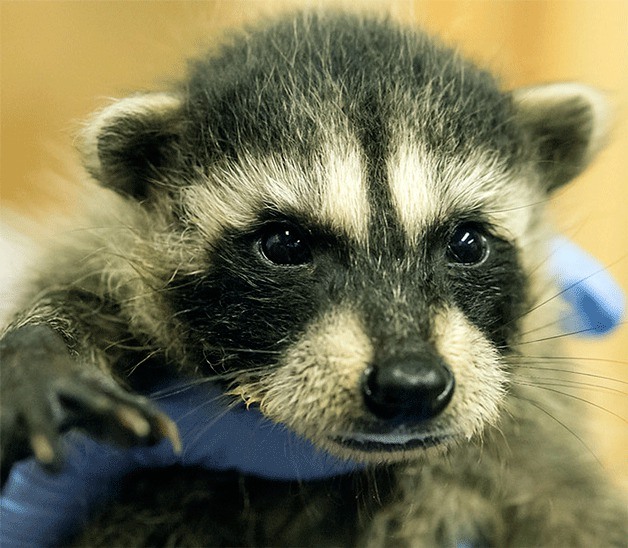BY LISA HORN
The evening news has recently carried stories about attempted abduction of children. We receive Amber Alerts weekly.
What do you think of when you hear these stories? If you are like me you immediately wrap your arms around your kids and remind them about stranger danger.
Now what do you think of when you think about a story of a kind neighbor or friend who places a baby bird or a baby raccoon that they have found in a shoe box to help? If you are like many people you think that this person must be a Good Samaritan because they are “saving” a defenseless animal.
This is most often not the case. Each year in spring and early summer, people find baby birds or mammals in their backyard or in a local park. The babies are often cute, helpless and seem friendly. People usually think the animal needs their help and want to bring it in. These well-meaning individuals usually assume the babies are orphans. This is known as wild animal abduction.
Abduction of baby animals in the spring and summer is an epidemic. The phones have been very busy at the shelter this baby season with big-hearted citizens calling in to report “abandoned” baby animals. The mission of the West Sound Wildlife Shelter is to provide injured, orphaned, and sick wild animals a second chance at life and promotes the well-being of wildlife through public outreach, education and involvement. Please call the shelter BEFORE you pick up any baby animal.
Seeing a baby animal alone does not always mean that the parents are not nearby. The majority of the times, the parents are very close.
Some animals purposefully leave their babies alone in order not to draw attention to the young. Most babies are still under the watchful eye of their parents from a distance. Adult wild animals leave their young in hiding for a short time while they search for food.
Sometimes a wild animal is scared away from its young, but it will return to feed or care for the baby once danger has passed. Unlike human babies, wild babies are not constantly watched by their parents and spend large amounts of time alone. This is especially true of mammals.
In some cases these caring individuals grow attached to the animals they are trying to save and make the poor decision to try and keep the animal as a pet.
In most cases, wild animal babies should be left alone. If you see or find a baby animal, it is best to leave the area quietly to let the adult animal return as soon as possible.
Do not take wild animals out of the wild. It is against the law to keep wild animals without a special permit. It is illegal to keep wild animals as pets.
In Washington state, it is illegal to possess any wild animal who naturally lives in the state (i.e., crows, deer, squirrels, etc.) unless you are transporting the animal to a licensed wildlife rehabilitator for care. It is illegal to provide rehabilitation to a sick, injured or orphaned wild animal without proper permits and licenses.
Sometimes well-meaning people bring wild animals to West Sound Wildlife Shelter after they have illegally kept the animals for a period of time. This occurs when someone is not aware of wildlife rehabilitation or the law, and is just trying to help a wild animal in distress.
Regardless of how long you have been caring for the animal, it is best to take him to a licensed wildlife rehabilitator right away. The sooner the animal can be evaluated and given the proper care by experienced, professional personnel, the greater the chance the animal may be returned to the wild.
We can all play a part, big or small, in the preservation and protection of animals in our community. The West Sound Wildlife Shelter needs your assistance to continue protecting and rehabilitating the wildlife of Kitsap County. West Sound Wildlife Shelter is the Western Puget Sound’s only wildlife hospital and education center. If you are interested in learning about more ways to help please contact the shelter at 206-855-9057.
Lisa Horn is the executive director of the West Sound Wildlife Shelter.



